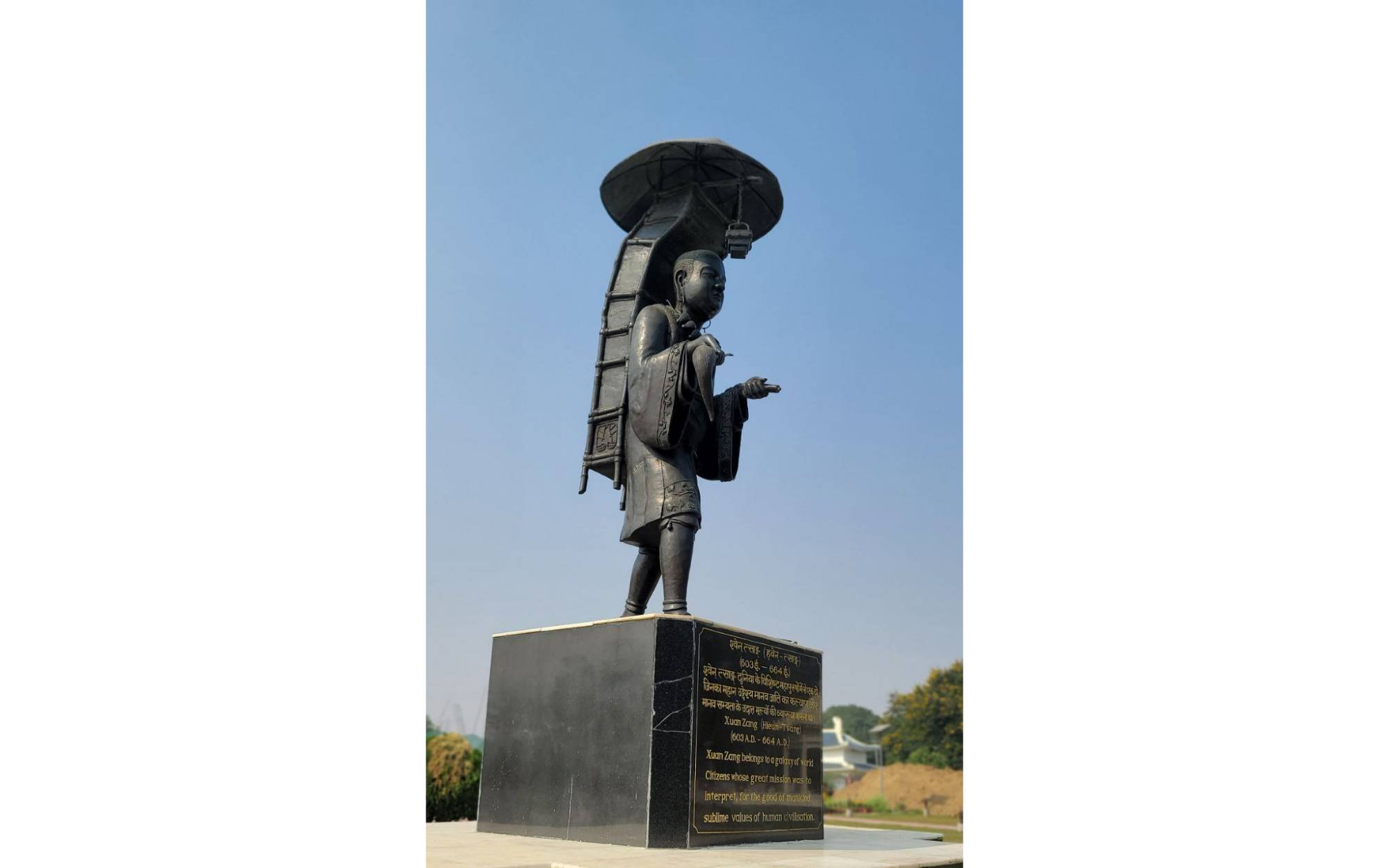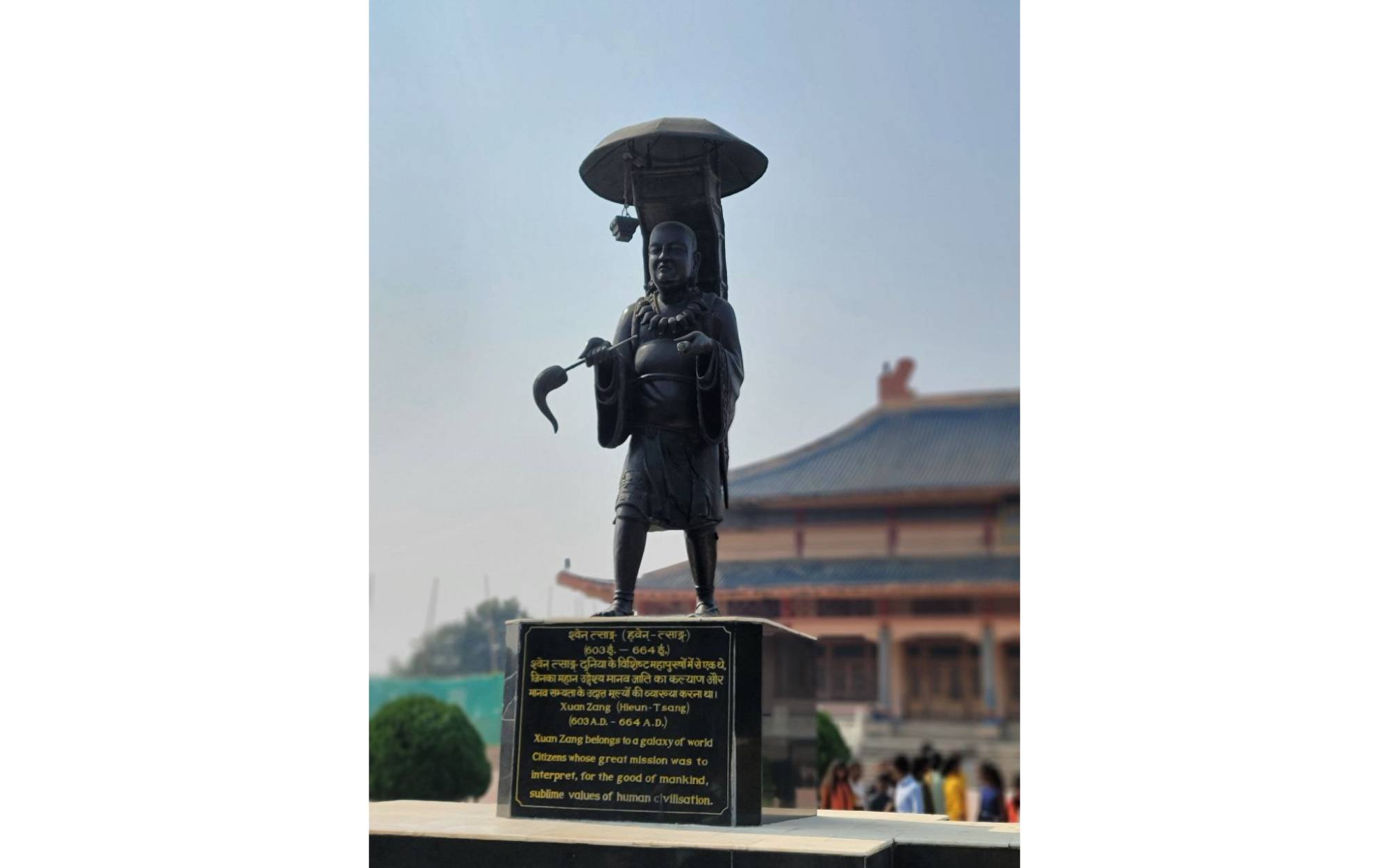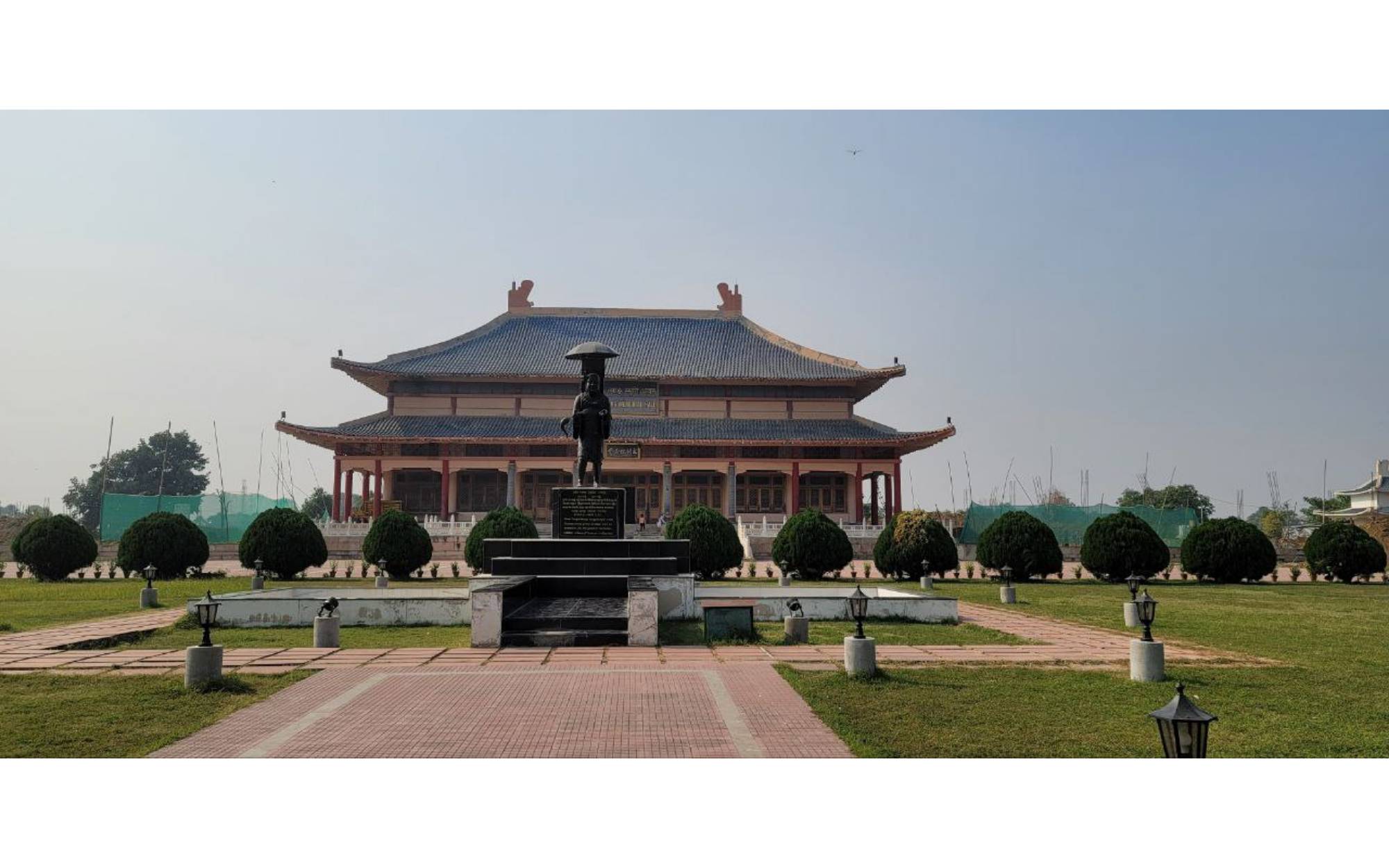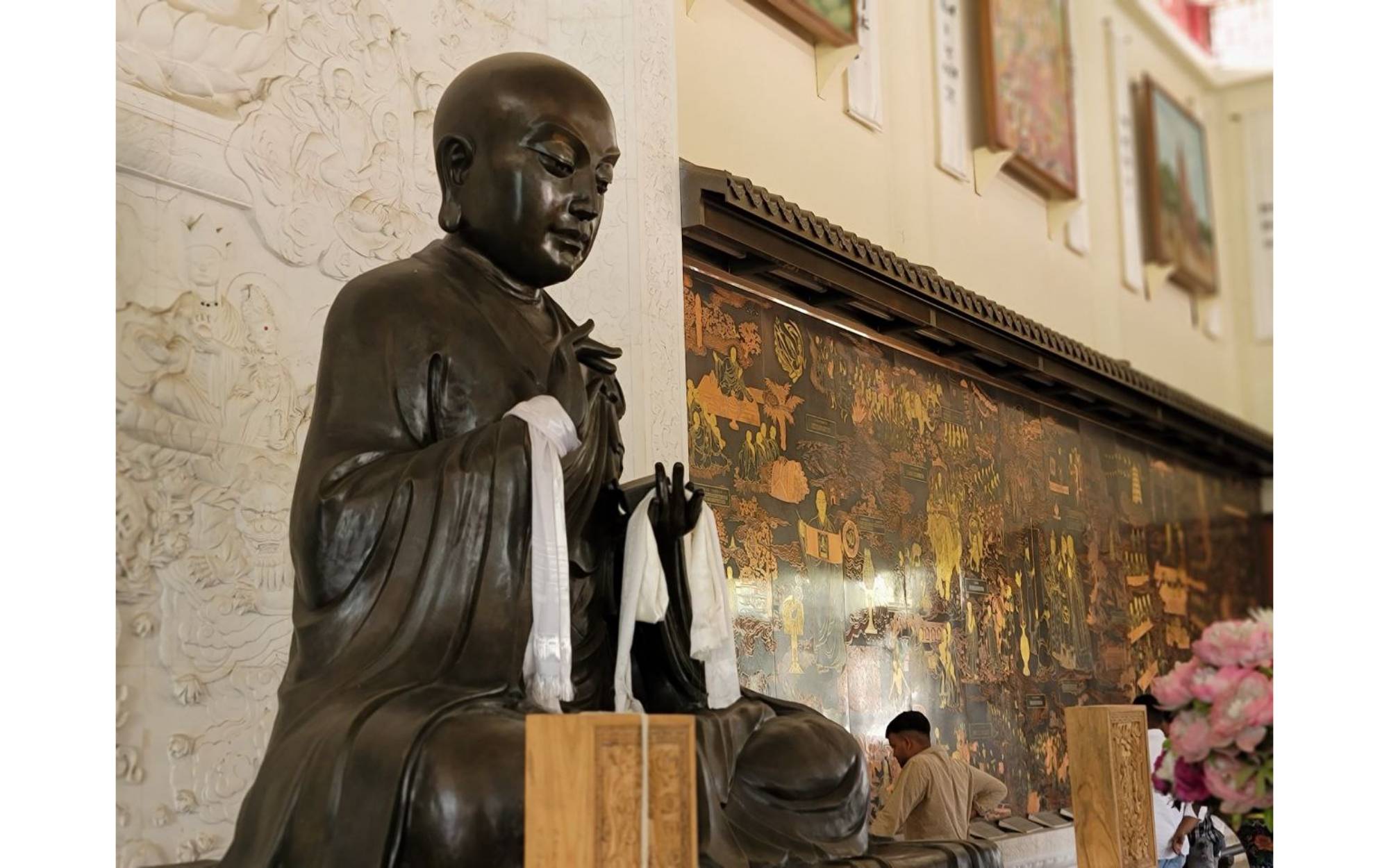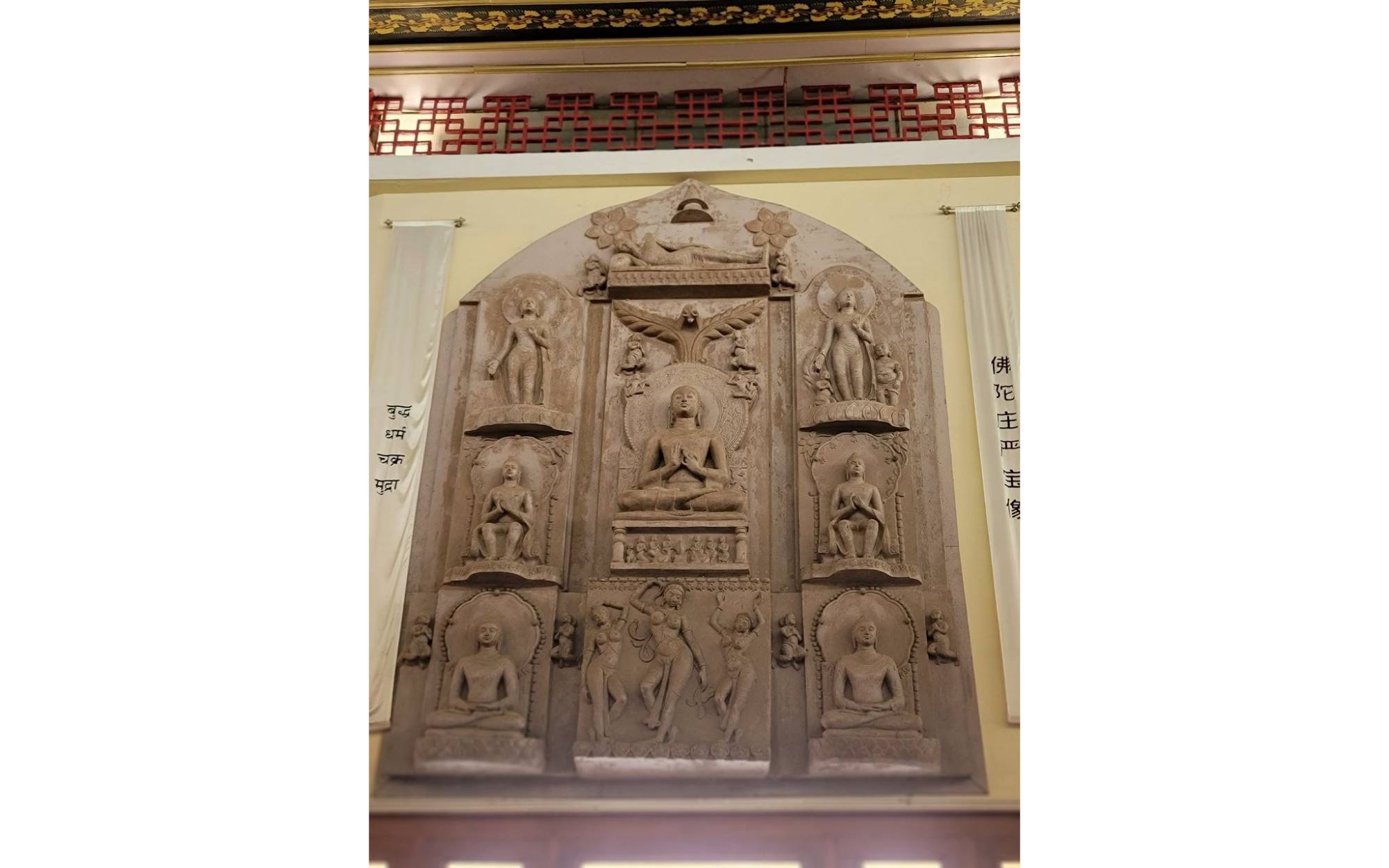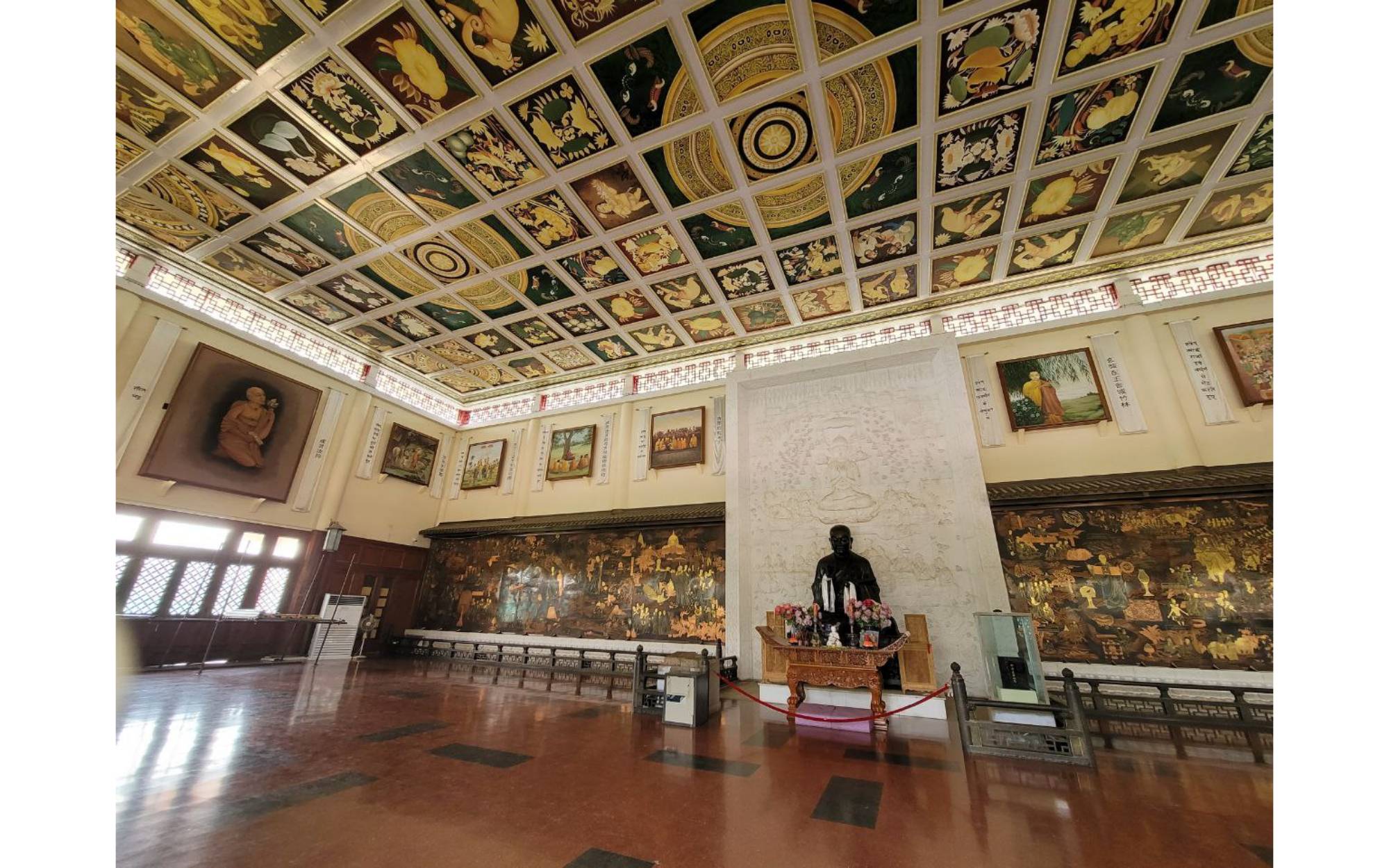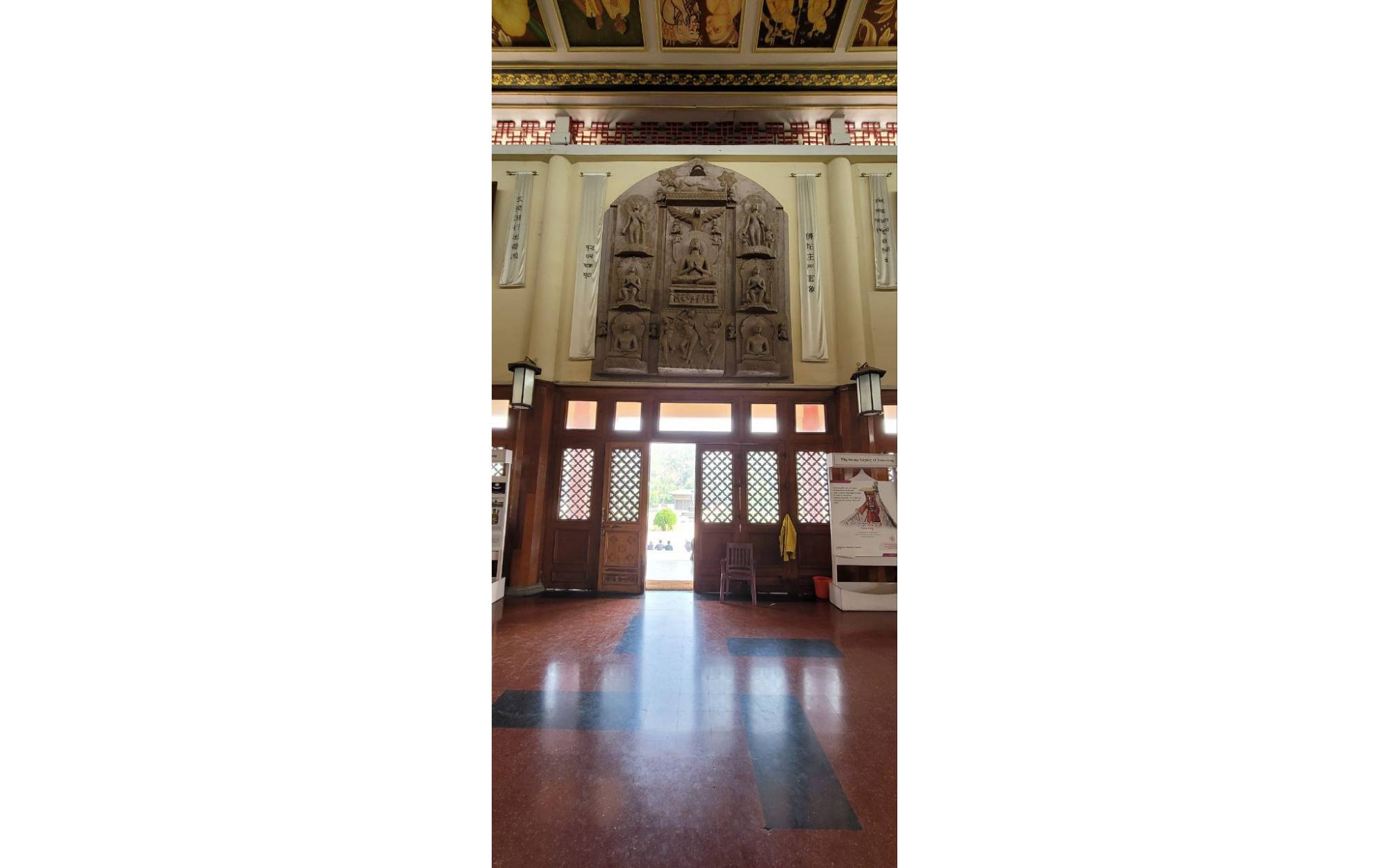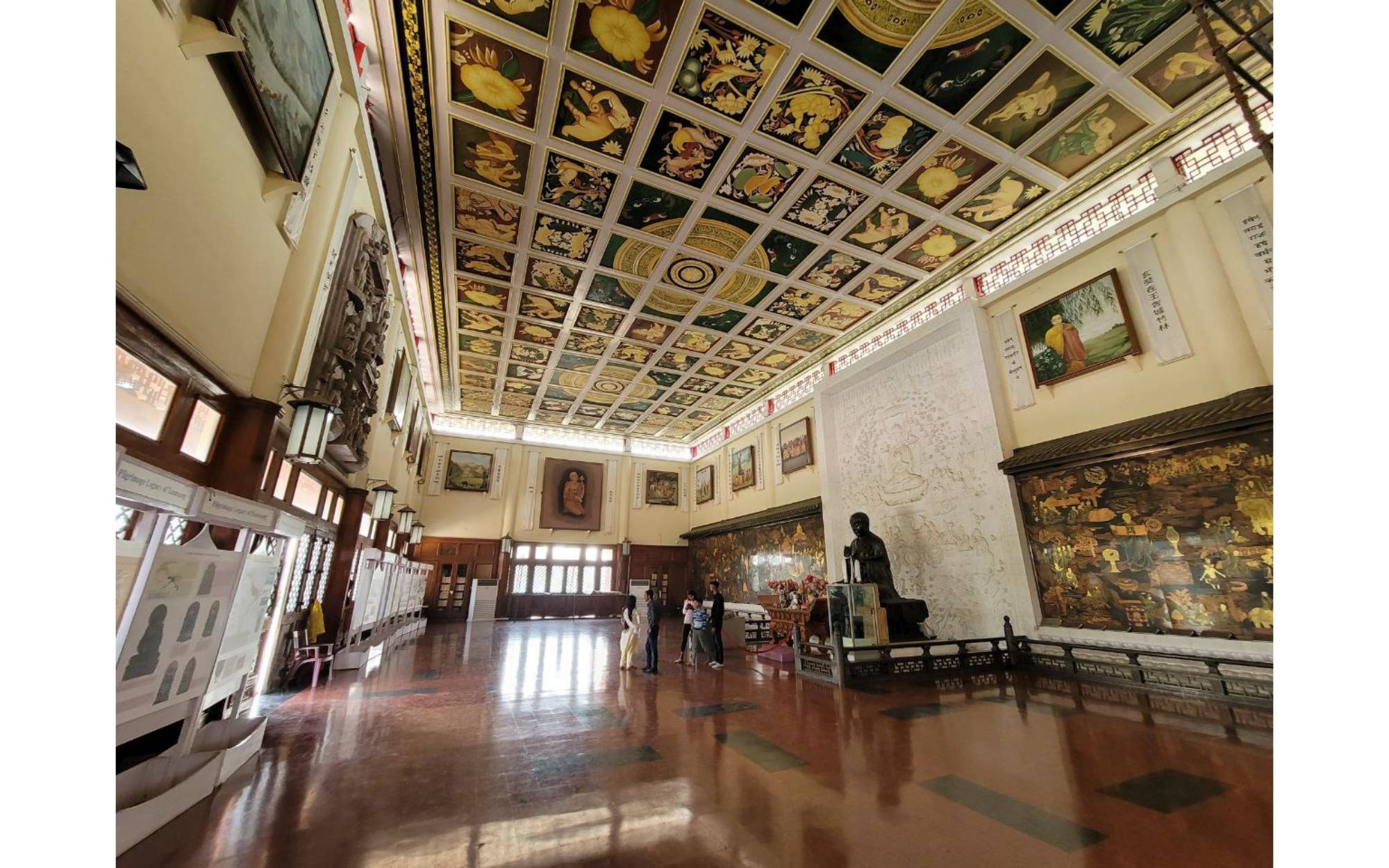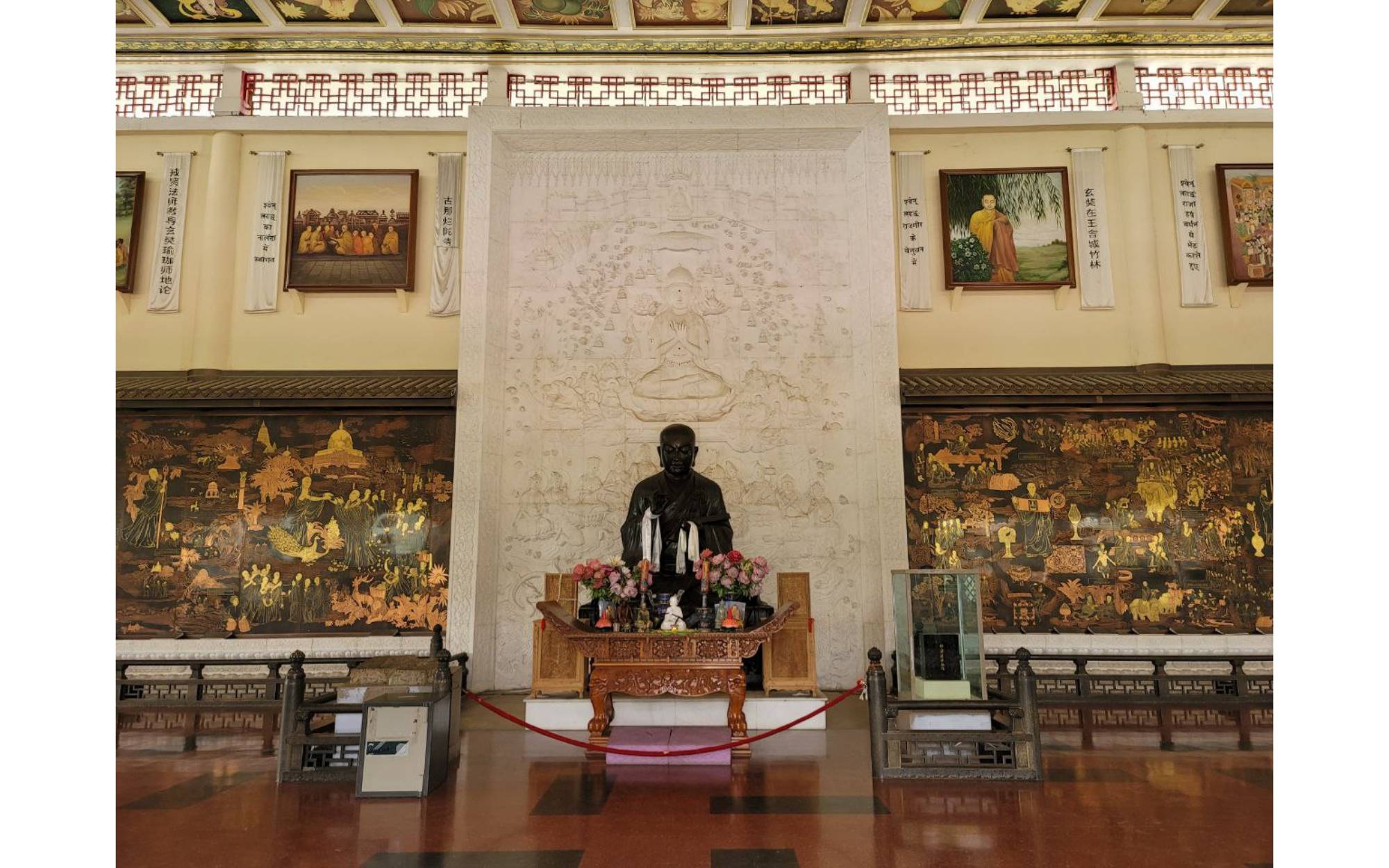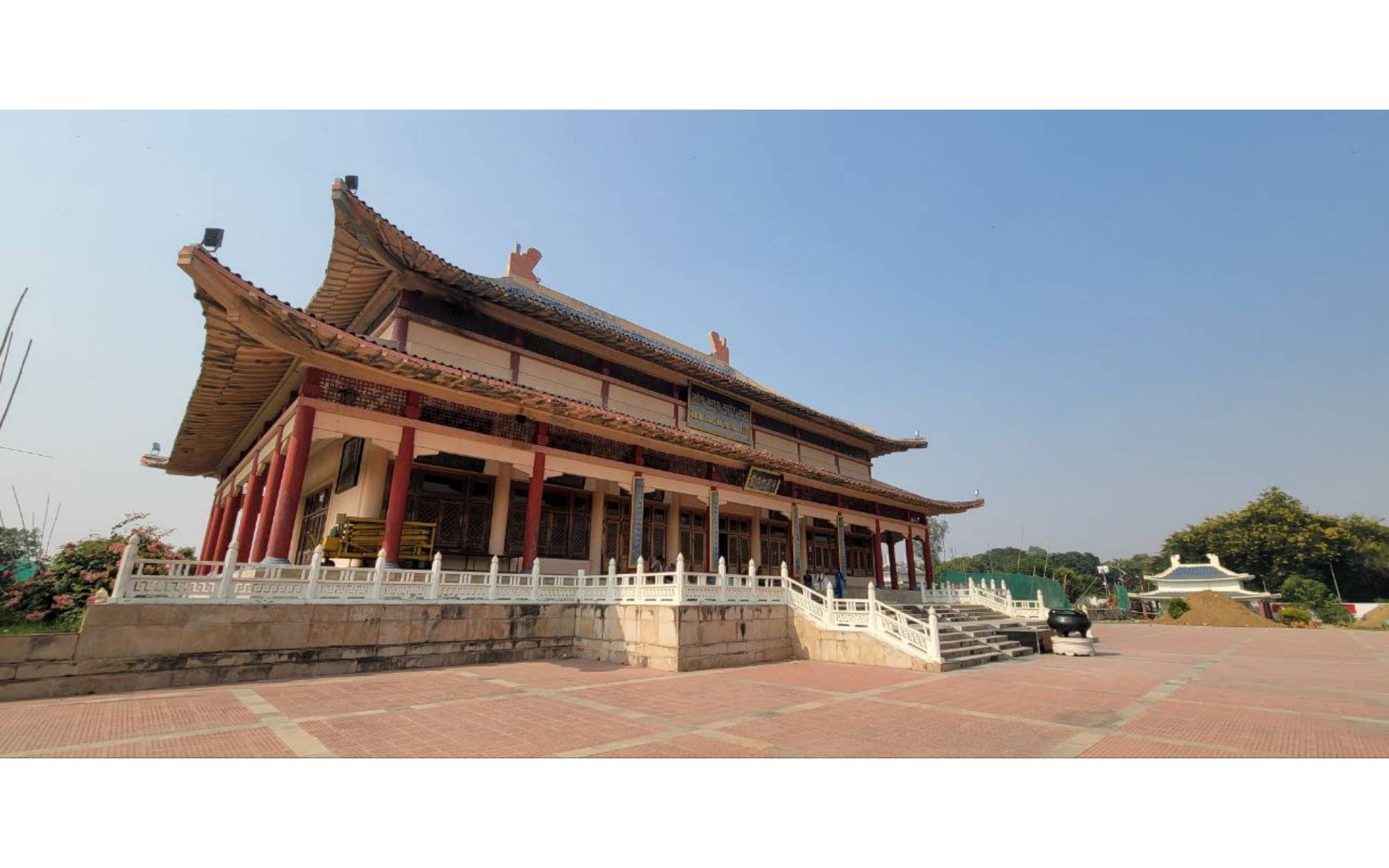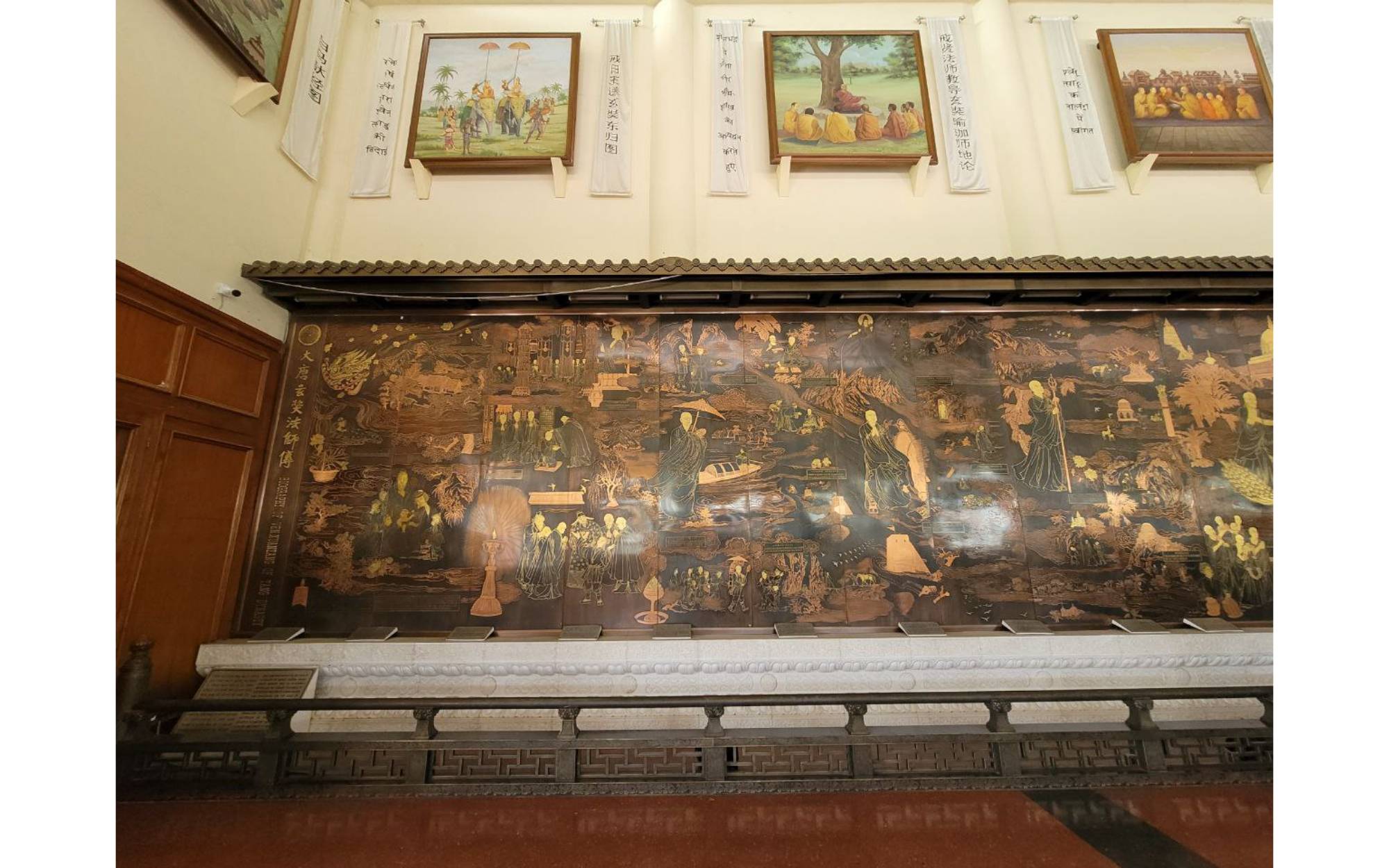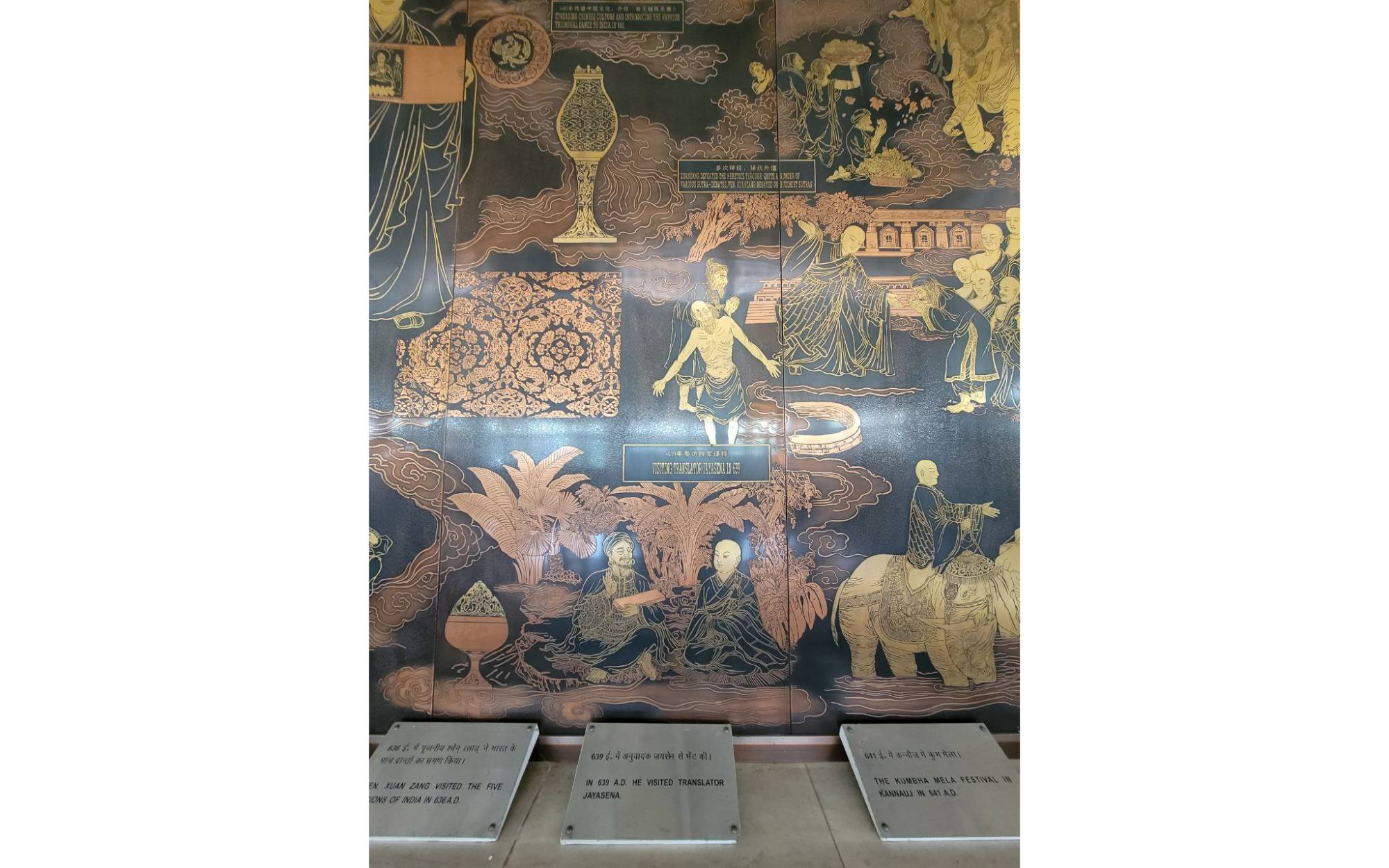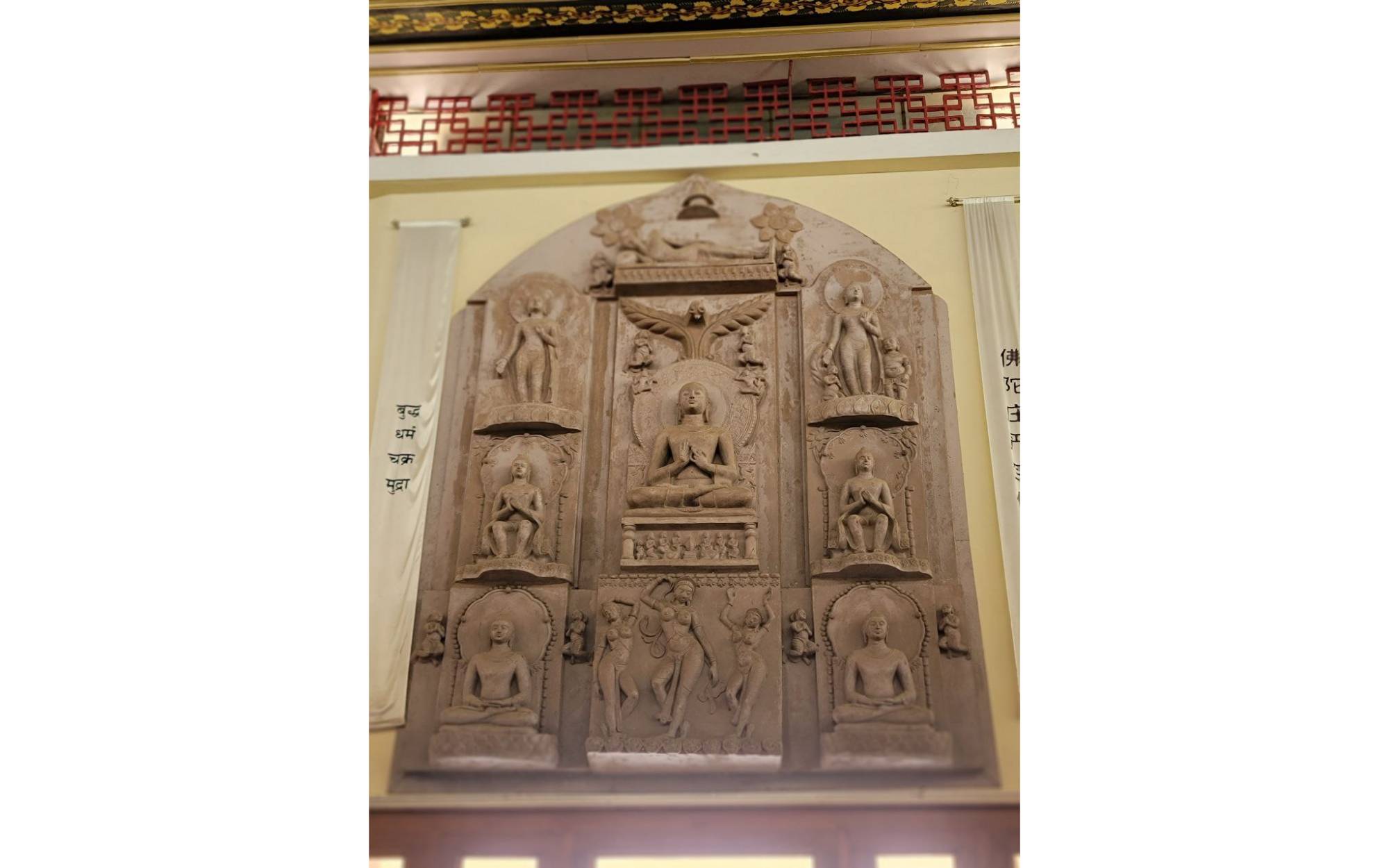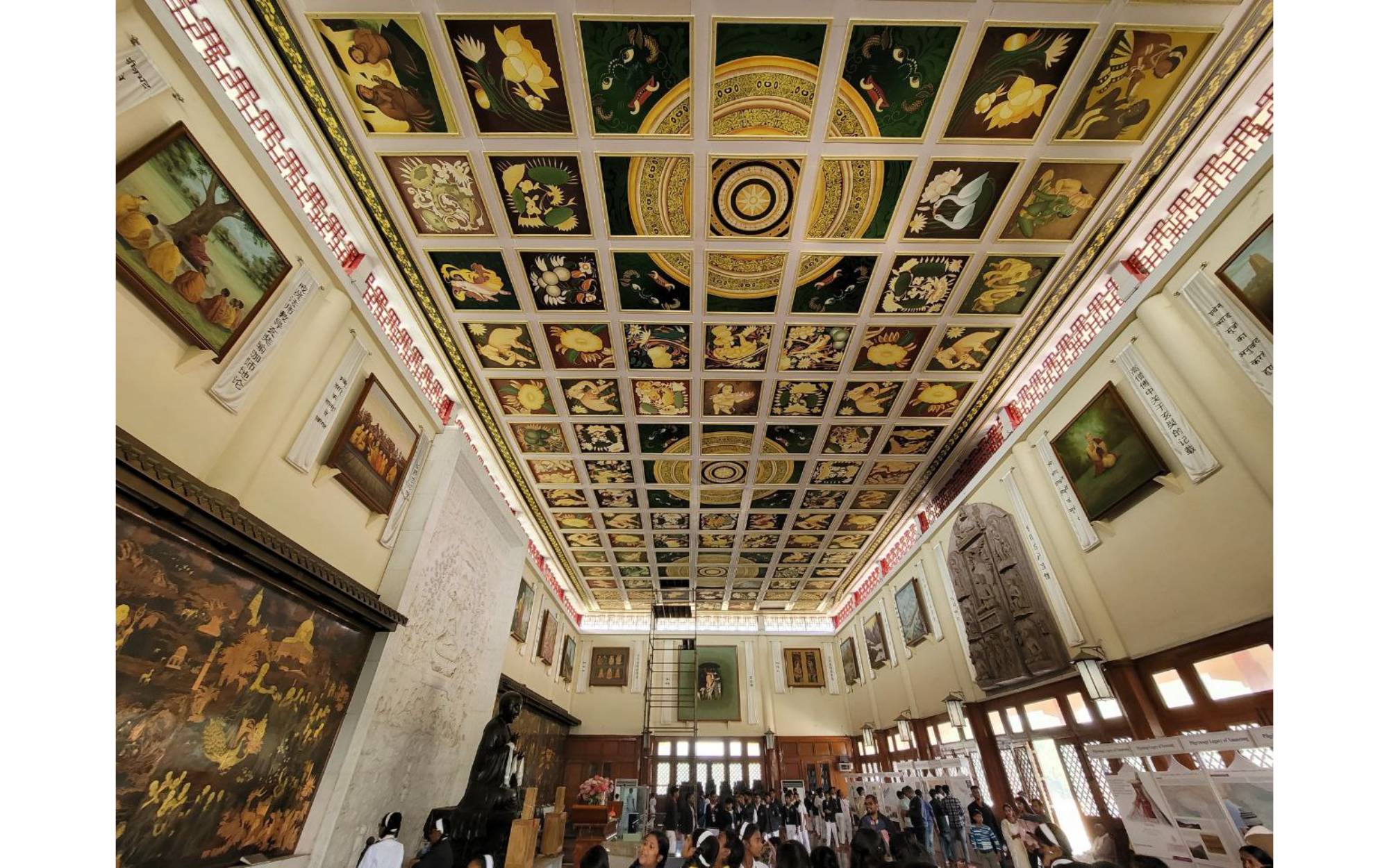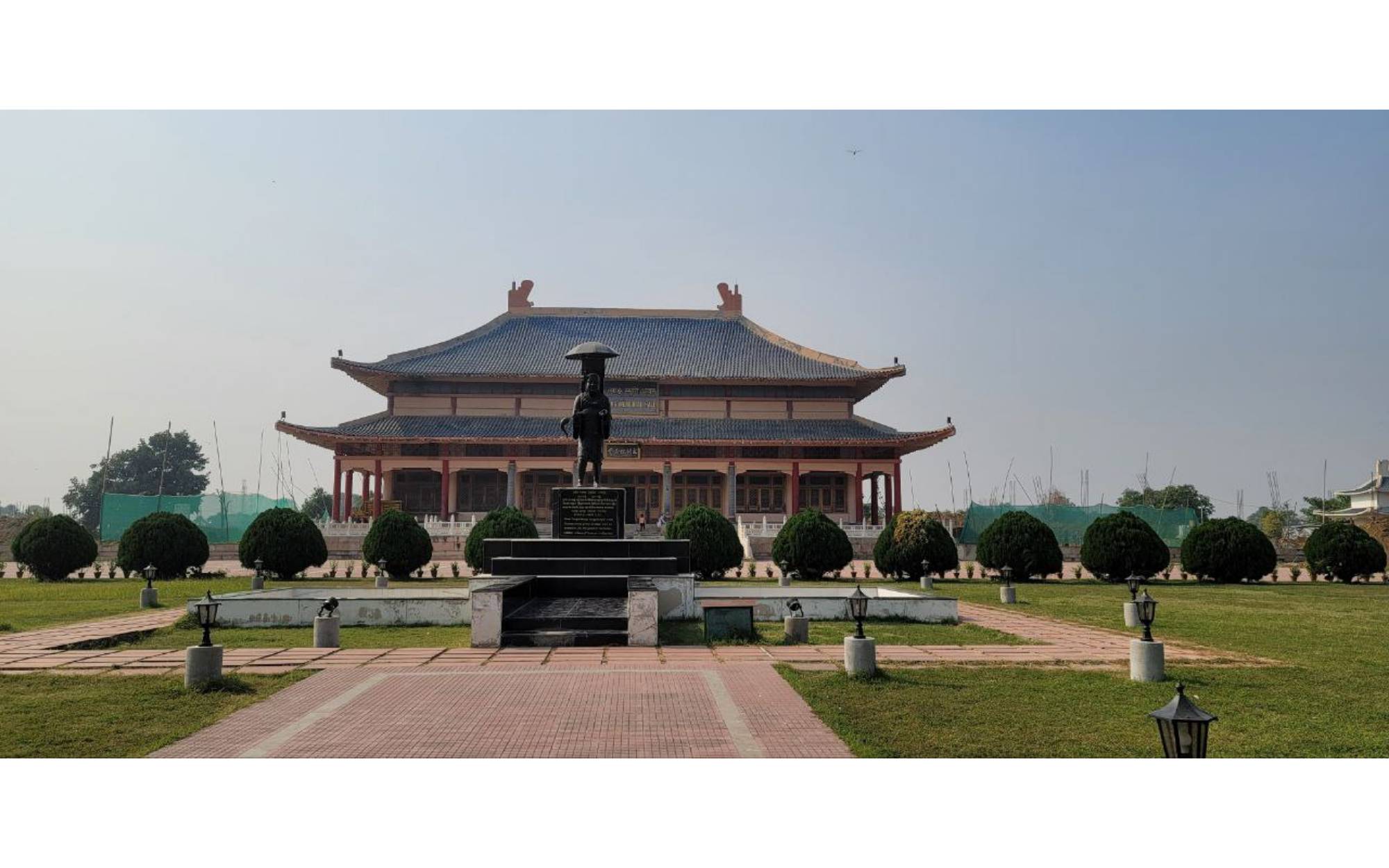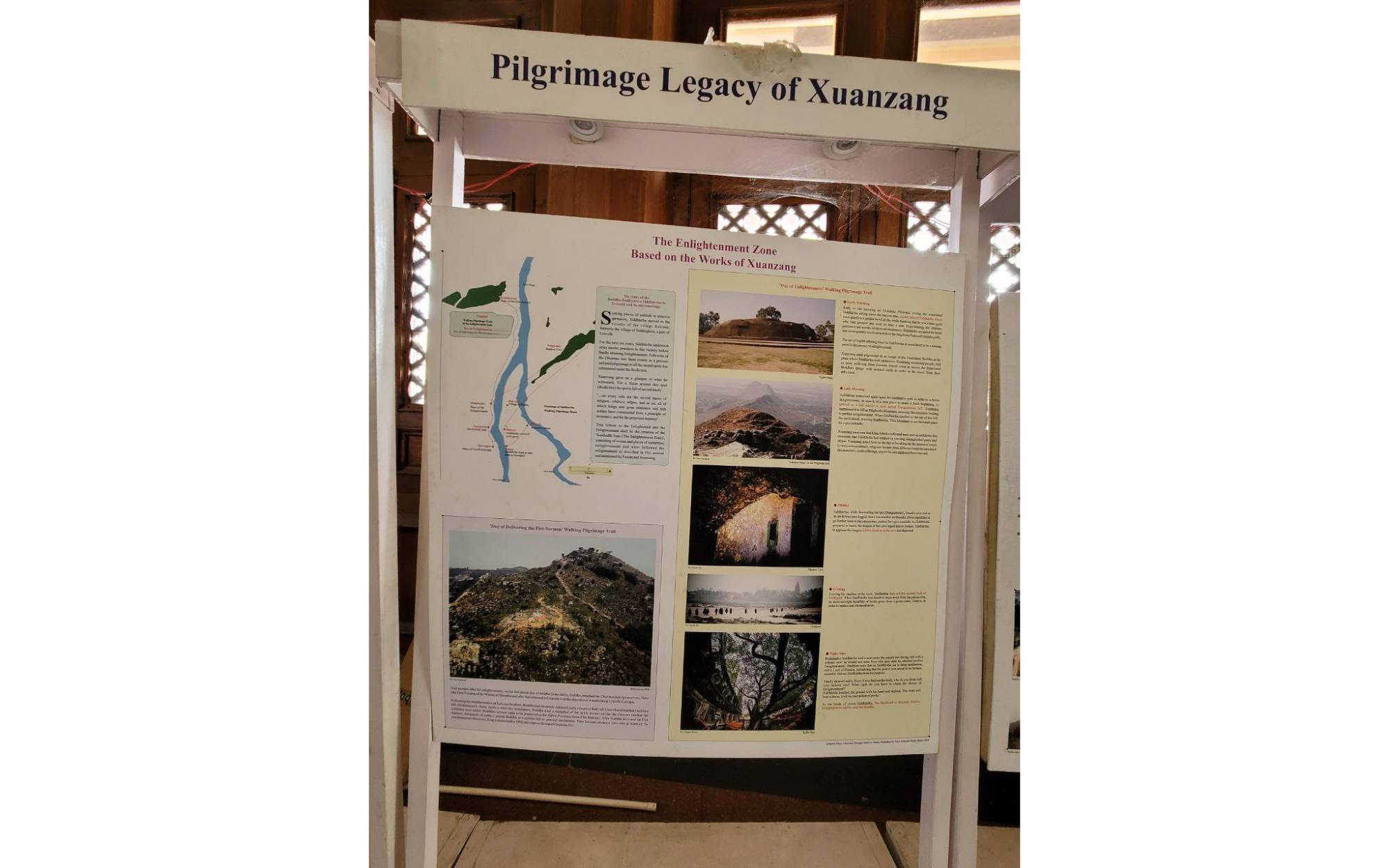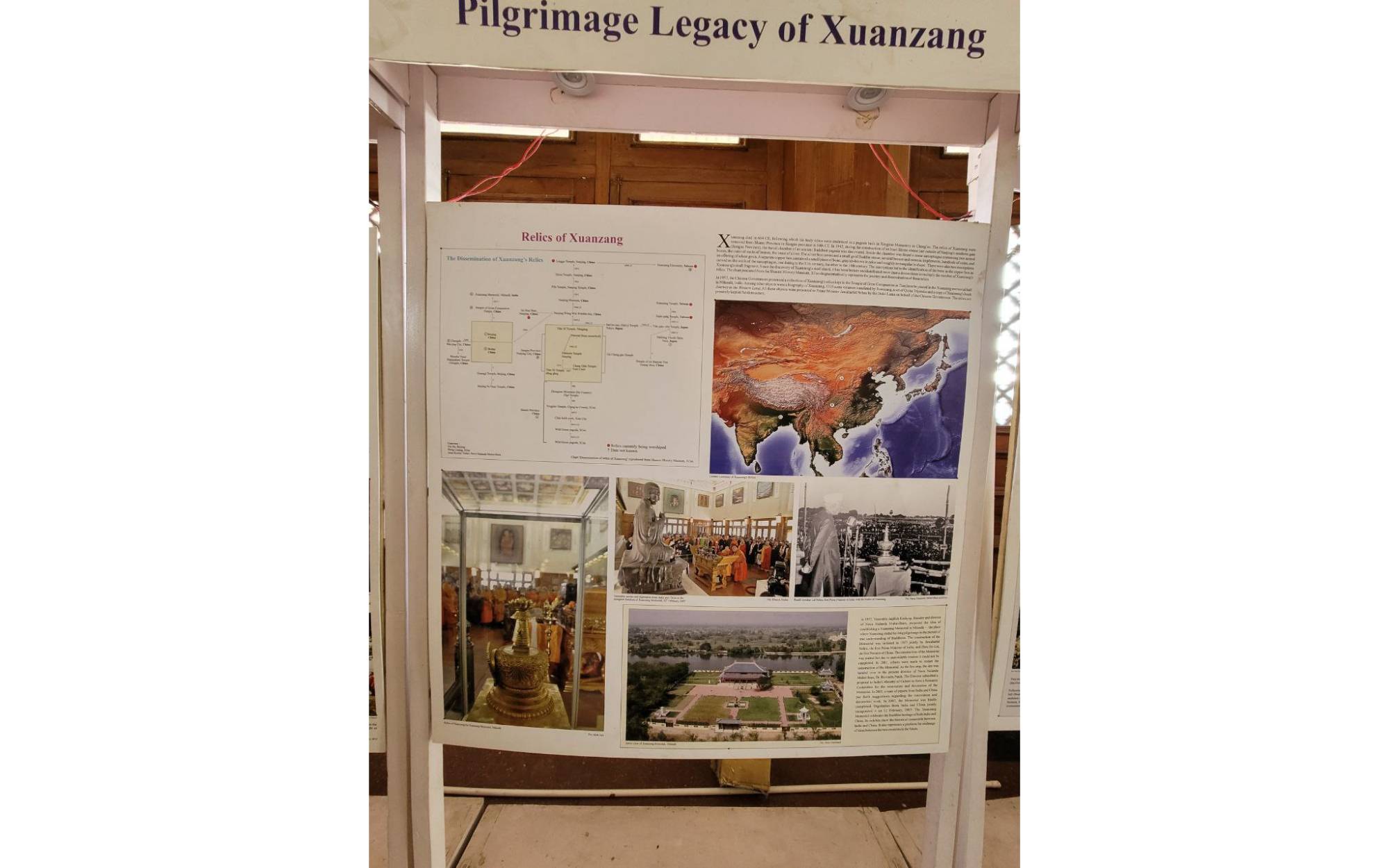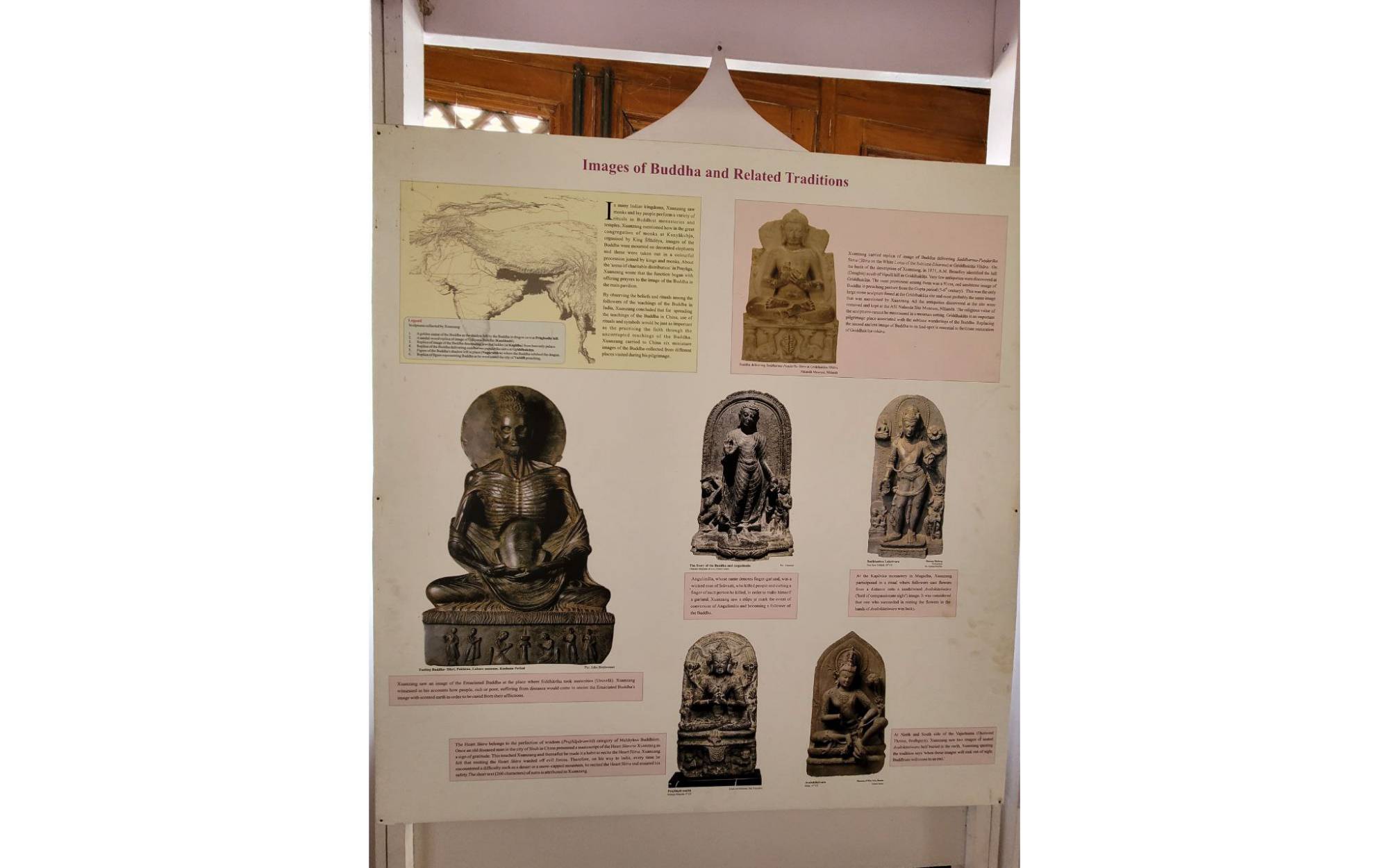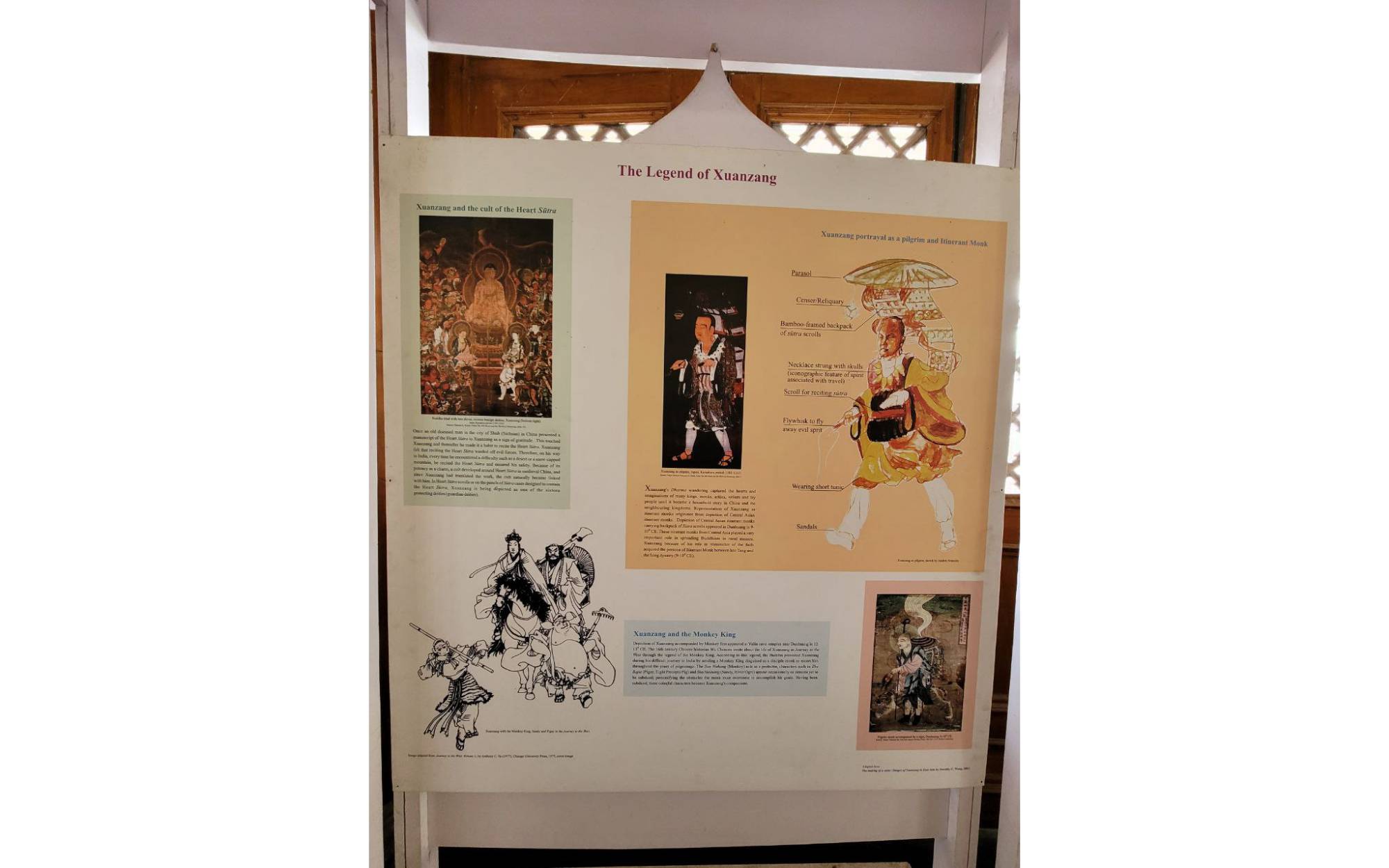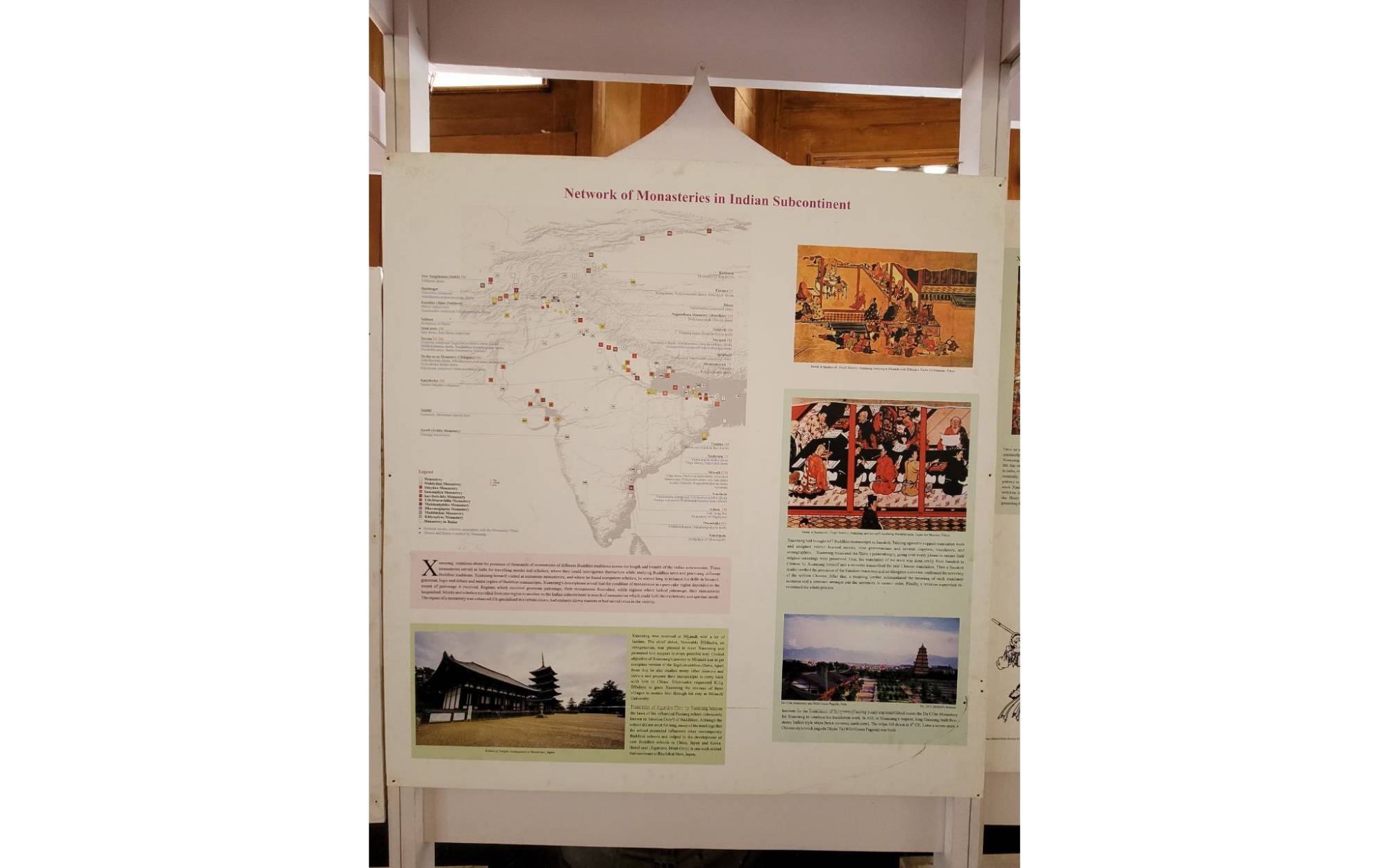Hiuen Tsang Memorial Hall
Hiuen Tsang Memorial Hall, Nalanda
Hiuen Tsang, also known as Xuanzang, was a renowned Chinese Buddhist monk, scholar, traveler, and translator who traveled to India in the 7th century. His pilgrimage to India to study Buddhism and collect sacred texts is legendary. In honor of his contributions and enduring legacy, the Hiuen Tsang Memorial Hall in Nalanda stands as a tribute to his journey and scholarly achievements.The Hiuen Tsang Memorial Hall stands as a testament to the enduring legacy of one of history’s greatest scholars. It not only commemorates Hiuen Tsang’s contributions but also fosters cultural understanding and educational enrichment. Visiting this memorial offers a unique glimpse into the rich history of Nalanda and the profound impact of Hiuen Tsang’s journey.
History
Nalanda University, one of the world’s ancient centers of learning, played a significant role in the spread of knowledge across Asia. Established in the 5th century, it attracted scholars from various regions, including China. Hiuen Tsang arrived at Nalanda in the 7th century, drawn by its reputation as a premier center for Buddhist studies. His time at Nalanda was marked by intensive study and interaction with other scholars, significantly influencing his work and the subsequent transmission of Buddhist teachings to China.
Architecture
The Hiuen Tsang Memorial Hall, built to commemorate Hiuen Tsang’s journey and contributions, is an architectural marvel. The hall’s design reflects a blend of traditional Indian and Chinese architectural styles, symbolizing the cultural exchange between the two great civilizations.
- Exterior: The exterior features intricate carvings and statues that depict scenes from Hiuen Tsang’s life and travels. The hall is surrounded by beautifully landscaped gardens, providing a serene environment for visitors.
- Interior: Inside, the hall houses a large statue of Hiuen Tsang, along with murals and paintings that narrate his journey and experiences. The use of natural light and traditional materials in the interior design creates a peaceful and contemplative atmosphere.
- Significance: Each element of the hall’s design is imbued with symbolism, representing the harmonious blend of Indian and Chinese cultures and the profound impact of Hiuen Tsang’s work.
How to Go
Located in the Nalanda district of Bihar, India, the Hiuen Tsang Memorial Hall is easily accessible by road and rail. The nearest railway station is Rajgir, while the closest airport is in Patna.
- Visiting Hours: The hall is open to visitors from 9:00 AM to 5:00 PM, Monday through Saturday.
- Tickets: Admission is free, but donations are welcomed to support the maintenance of the hall.
- Facilities: The hall is equipped with visitor amenities including a cafeteria, restrooms, and a souvenir shop.

